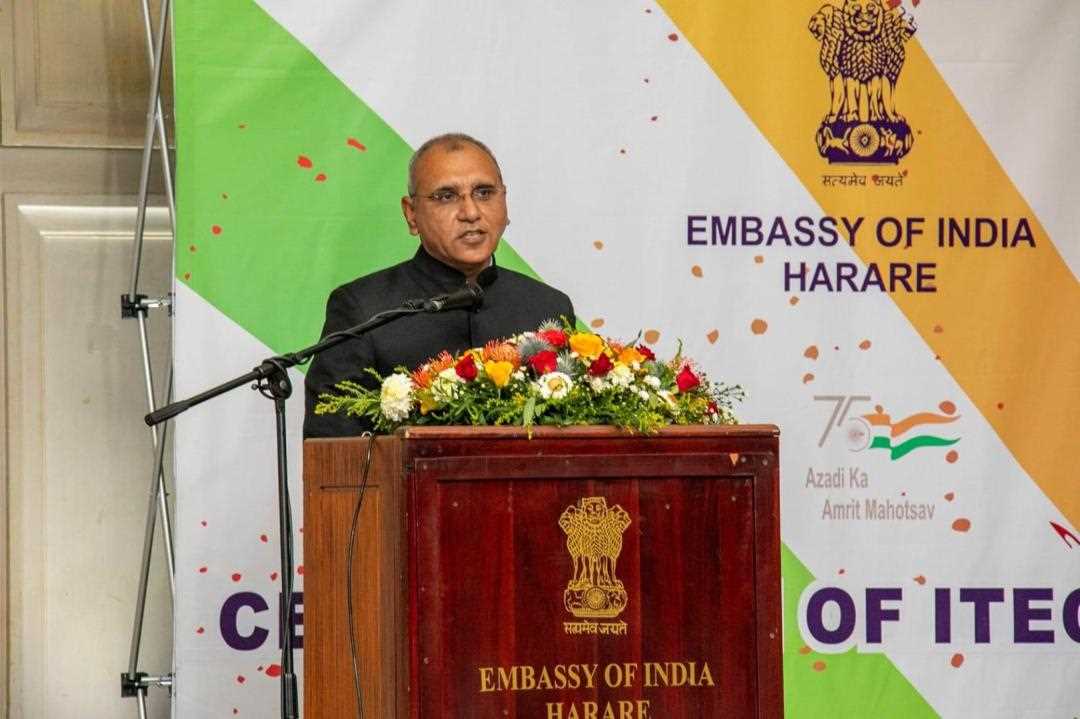
Shri Vijay Khanduja who is going to take up the post of High Commissioner of India to the Republic of Cameroon, after serving as his country’s Harare envoy for the past four years, bade farewell to President Emmerson Mnangagwa and Foreign Affairs Minister Fredrick Shava last week.
Prior to his departure Ambassador Khanduja (VK) spoke on his tenure in Zimbabwe to Zim Now managing editor Monica Cheru (MC).
MC: It’s the end of your tour. A snapshot of your impression of Zimbabwe?
VK: I am grateful to have got the opportunity to spend almost 4 years in this beautiful country. Zimbabwe is endowed with so many enchanting places. The people are courteous and friendly. The land is fertile and one gets so many varieties of fresh fruits and vegetables. We have excellent relationship between our two countries, which makes one feel comfortable.
MC: What are the highlights of your social life in Zimbabwe?
VK: During my tenure, I have been fortunate to witness two visits by Indian cricket teams here – in 2022 and in 2024.
MC: How has the institutional relationship between India and Zimbabwe fared during your tenure?
VK: We have diversified and broadened the relationship in the last three years or so. We had two rounds of Foreign Office Consultations, one each in New Delhi and Harare. We also had the meeting of the Joint Trade Committee in May this year.
MC: What has happened on the Bilateral Exchanges front?
VK: In terms of visits, we have had the highest number of Ministerial and official level visits in 2022 and 2023, in that over 20 Ministers visited India from Zimbabwe in a span of one year. These visits not just reviewed but also provided guidance on further strengthening of the relationship.
The Parliamentary linkages got strengthened with the visit of Hon Speaker, Adv. Jacob Mudenda, to India in December 2022. He was accompanied by Hon. Webster Shamu, Chairperson of the Portfolio Committee of Parliament on Foreign Affairs and International Trade, as also two Members of the Committee viz. Hon. Priscilla Moyo and Hon. Reuben Chikudo.
Zimbabwe was the Country of Honour at the CII – EXIM Bank Conclave on India – Africa Growth Partnership in June 2023, where the Zimbabwean delegation was led by Hon’ble Vice President, Gen. (Rtd) C.G.D.N. Chiwenga. An agreement between the National Railways of Zimbabwe and M/S RITES India was signed on the sidelines of the Conclave, on cooperation in the railways sector.
The visit of then Minister of State for External Affairs, Shri V. Muraleedharan, to Zimbabwe in June 2022, gave a boost to the bilateral relationship. He gifted a consignment of anti-TB medicines, 950 sewing machines to the Angel of Hope Foundation run by the First Lady, as also inaugurated the newly refurbished Indo-Zim Technology Centre at the Harare Institute of Technology.
MC: India has earned the moniker Pharmacy to the World while Zimbabwe still needs a lot of work in that space. Any developments on cooperation there?
VK: There exists a very good cooperation with Zimbabwe in the field of Health. During the visit of Vice President of India in 2018, we signed an MOU for Cooperation in the field of Traditional Medicine.
India provided medicines worth over US$ 2 million to Zimbabwe during the Covid-19 pandemic, as also 10 ambulances. Under the Vaccine Maitri, India provided 75,000 doses of Covaxin vaccine. Zimbabwe was the first country in Africa to give approval for made-in-India Covaxin vaccine.
Government of India has also offered to provide a Bhabhatron cancer machine to Zimbabwe, which is expected to be installed in the near future.

MC: Education is another sector where your country is very strong and there are many Zimbabweans studying in India. Any highlights you care to share?
Related Stories
VK: In the field of education, a number of Study in India delegations visited Zimbabwe, which saw an increase in the number of students visiting India to pursue higher education. In the last two years, around 3000 students travelled to India. They have benefitted from the scholarships provided by Study in India, the Indian Council for Cultural Relations, from the Presidential and National Scholarships of Zimbabwe and also scholarships offered by the educational institutions and corporates.
India completed the Phase II project of Indo-Zim Technology Centres in 2023, with the installation of latest machines, including the CNC machines (Computer Numerical Control machines) worth US$ 2.92 million.
There is also cooperation in capacity building, in that India offers over 200 training slots to Zimbabwe under the ITEC training programmes.
MC: Zimbabwe is on a big infrastructure modernisation drive as it heads towards the ambitious 2030 middle income economy target. How has India fed into the national vision?
VK: The inauguration of Deka Pumping Pipeline recently, on August 5, by Minister of Energy and Power Development, Hon’ble Edgar Moyo, was a momentous occasion. The 42 Km long pipeline, built with Indian Line of Credit of US$ 48.1 million is providing water to Hwange Thermal Power Plant, as also addressing the needs of the people and the livestock by providing water to the communities on the way and the city of Hwange.
We also recently inaugurated an ECD Block, named after Mahatma Gandhi, which has been constructed with Indian assistance at the Masuku Primary School in Bulawayo.
Government of Zimbabwe has also named a road after Mahatma Gandhi in Harare. This is the first road in the name of an Indian leader.

MC: Indian culture is colourful and rich. How have you helped cross pollination with Zimbabwe during your time here?
VK: The Embassy has organized Namaste Zimbabwe Cultural Festivals, showcasing the wide variety of Indian cultural heritage in various cities of Zimbabwe in the last three years. The Cultural Festivals saw troupes perform classical dances, vocal and instrumental music, martial art forms and the like.
We have also organized the International Days of Yoga – taking it to the nook and corner of Zimbabwe. The classes being organized by the Embassy in the virtual format every morning are also very popular. Several people have personally narrated to me the benefit they got after practicing yoga regularly in terms of good sleep, relief from anxiety and on their energy level, amongst others.
Similarly, cultural troupes from Zimbabwe visited India in the last three years (after the Covic – 19 pandemic abated) to participate in the Surajkund Craft Mela. The vibrant performances by the troupes turned out to be very popular in India.
MC: Multilateral relations are important for every country’s development. What initiatives bring India and Zimbabwe together on multilateral platforms?
VK: Zimbabwe joined the International Solar Alliance in 2021, which is a treaty-based inter-governmental organization headquartered in India.
Zimbabwe has expressed interest in joining the Coalition for Disaster Resilient Infrastructure, which is a multi-stakeholder global partnership set up with the aim to build resilience into infrastructure projects for sustainable development.
India had also provided US $ 1 million in 2021 from the India – UN Development Partnership Fund for climate resilient agriculture to help affected populations tackle climate shocks. The programme, rolled out in the districts of Chiredzi and Mangwe, benefitted over 5000 farmers.
There was a high-level Ministerial participation from Zimbabwe in the Voice of the Global South Summits, organized by India during its G-20 Presidency.

MC: Last words on your time in Zimbabwe?
VK: I am reasonably satisfied with my stint in Zimbabwe. The bilateral multi-faceted and friendly relationship saw its further growth, depth and expansion. This, of course, would not have been possible without the support and cooperation from Zimbabwe.










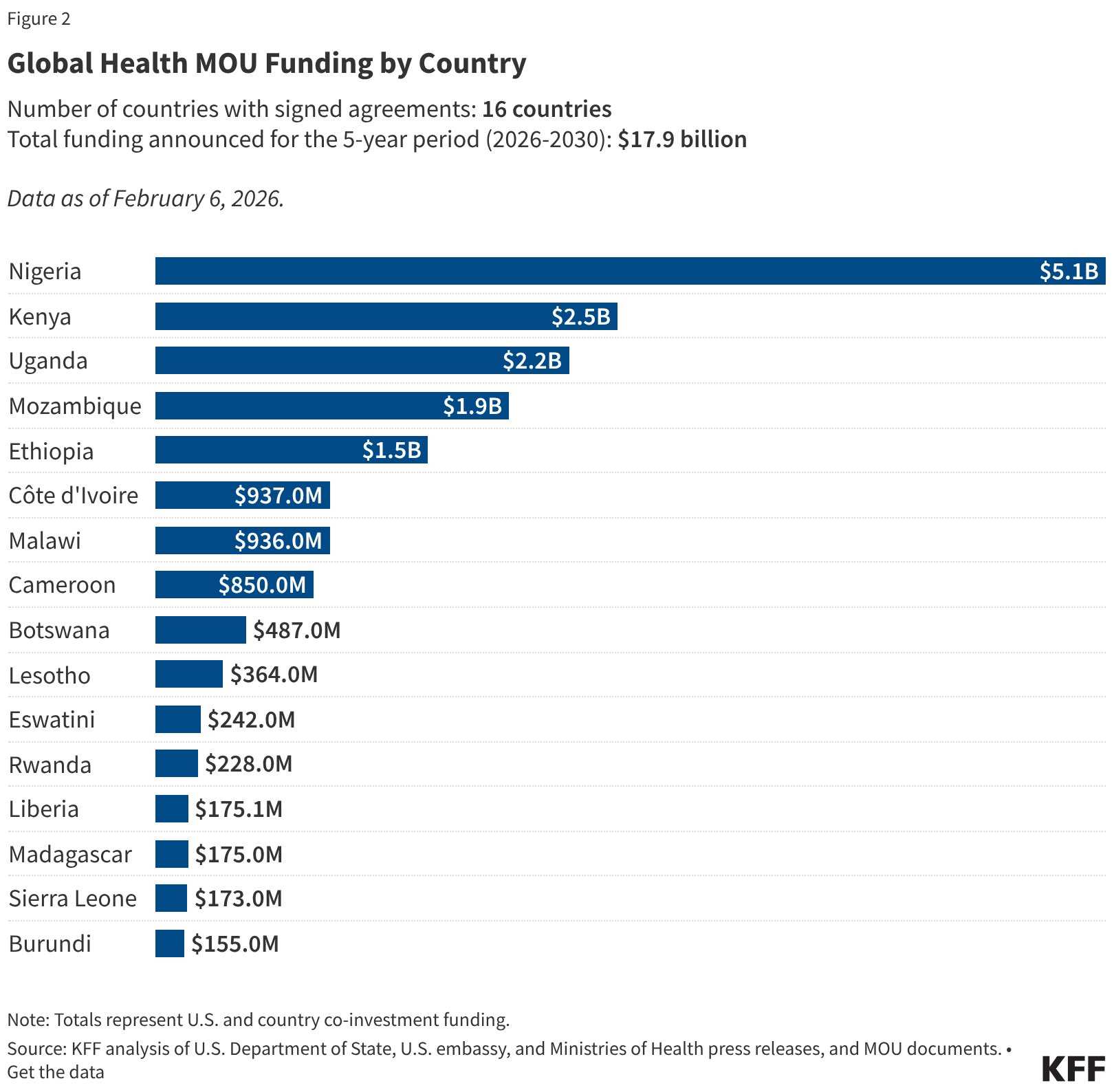
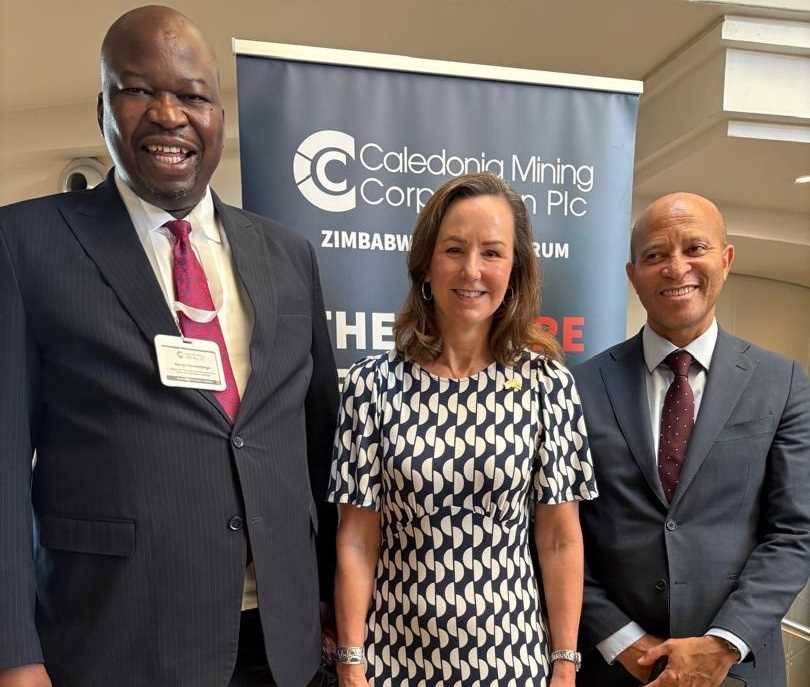
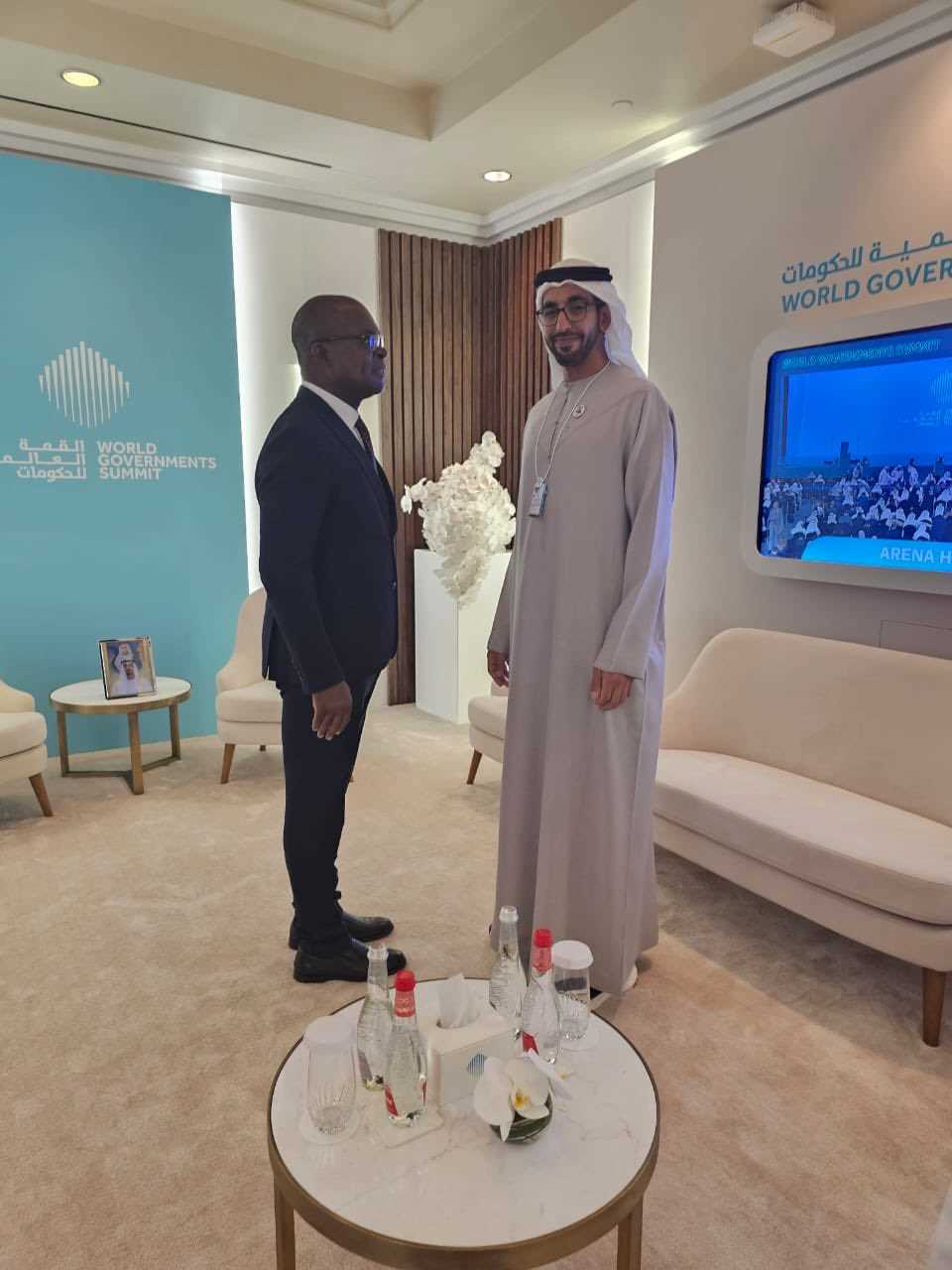

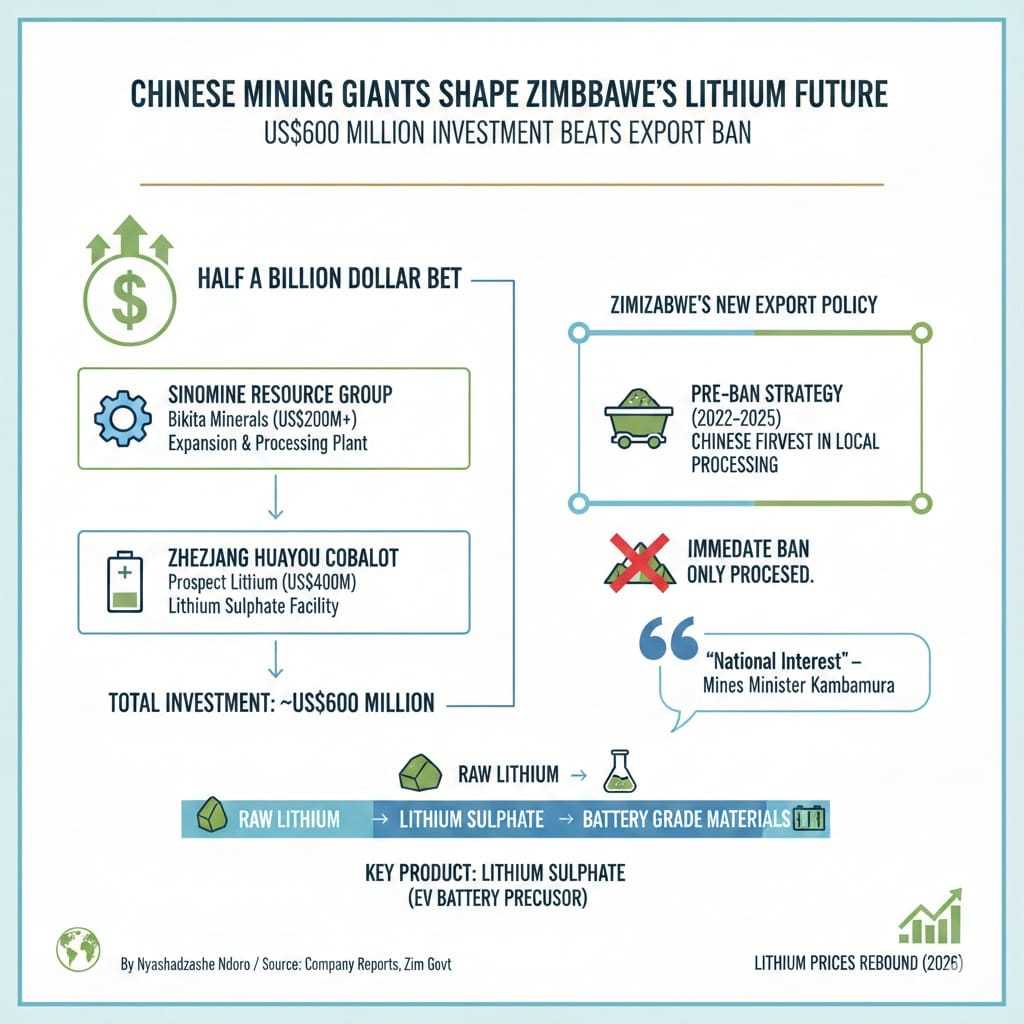


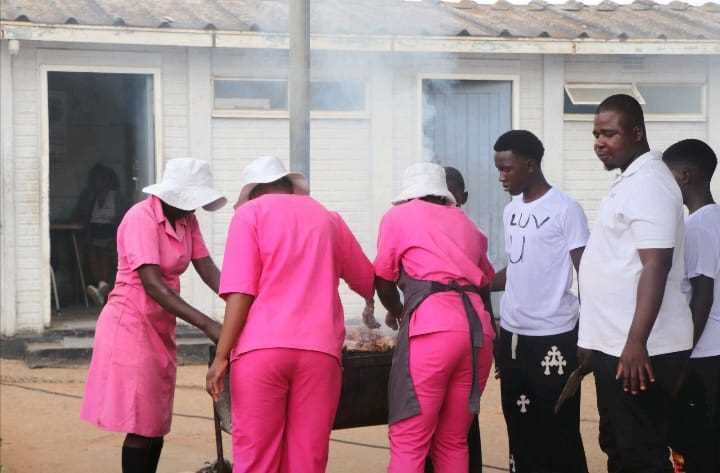


Leave Comments